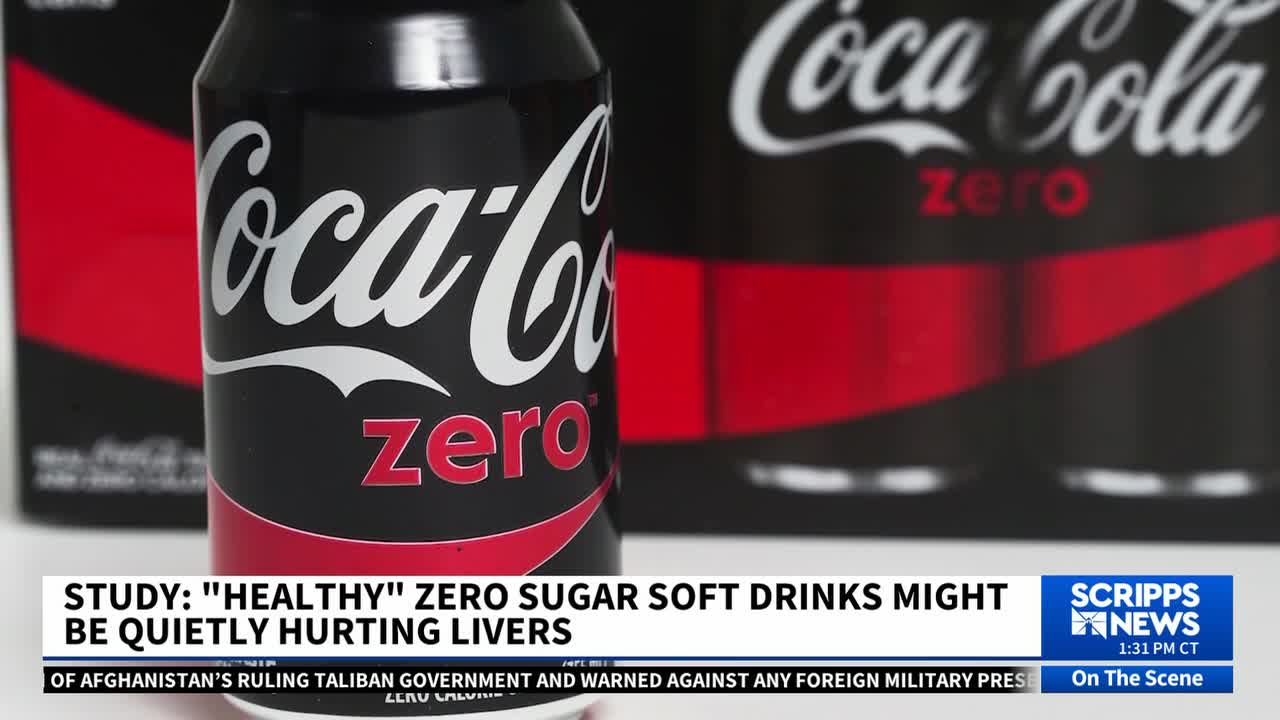A new study led by United European Gastroenterology found that both sugar-sweetened beverages and artificially sweetened beverages are linked to a higher risk of developing metabolic dysfunction-associated steatotic liver disease, or MASLD.
The study followed 123,788 Biobank participants who began the research free of liver disease.
After a decade, researchers found that those who consumed more than 250 grams per day of artificially sweetened beverages had a 60% higher chance of developing MASLD compared to those who drank water. Participants who drank at least 250 grams per day of sugar-sweetened drinks had a 50% higher risk.
The study did not find an association between sugar-sweetened drinks and a higher risk of liver-related deaths. However, researchers said there could be an association between drinking low- or non-sugar-sweetened beverages and liver mortality.
According to the researchers, people who drank sugar-sweetened beverages experienced greater glucose and insulin spikes and weight gain, which led to liver fat accumulation.
Drinking low- or non-sugar-sweetened beverages may disrupt the gut microbiome and alter appetite regulation, increasing cravings for sweets.
"Our study shows that low-/non-sugar-sweetened beverages were actually linked to a higher risk of MASLD, even at modest intake levels such as a single can per day," lead author Lihe Liu said. “These findings challenge the common perception that these drinks are harmless and highlight the need to reconsider their role in diet and liver health, especially as MASLD emerges as a global health concern.”
The Food and Drug Administration has said that aspartame and other sweeteners are “safe” for human consumption.
"While these sweeteners are considered safe for their intended uses, some people may have a particular sensitivity or adverse reaction to any food substance. Talk with your health care professional if you are concerned about a negative food reaction," the FDA said.
Liu said water remains the healthier alternative.
“The safest approach is to limit both sugar-sweetened and artificially sweetened drinks. Water remains the best choice as it removes the metabolic burden and prevents fat accumulation in the liver, whilst hydrating the body," Liu said.
Previous research has suggested that sweeteners can cause people to overconsume calories.





